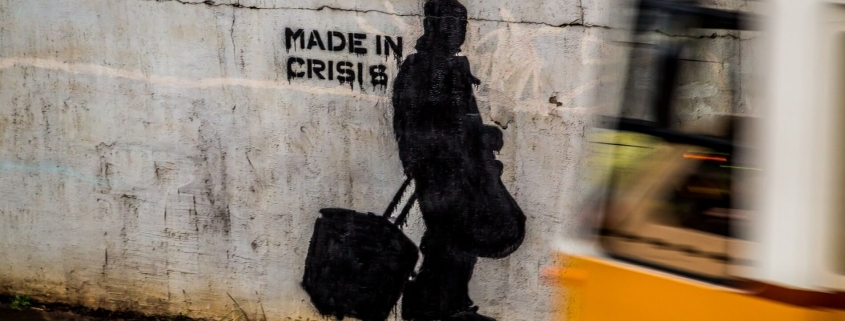It’s been a bit of a hard week for New York Mayoral candidate Anthony Weiner. Even if you’re the type to just casually flip through the news channels at night, you probably recall how the former Congressman forever tainted his political career by inappropriately texting and tweeting with multiple women (none of whom happened to be his wife). Having reentered the political arena in the New York City Mayoral race, Weiner has a repaired moral compass and the conviction that he is the right person to “fight for” the city. But like the ghosts of girlfriends past, Mr. Weiner’s previous mistakes have come back to haunt him. Amidst mounting media pressure, Weiner admitted on Tuesday to continuing the very same behavior that forced him to resign from Congress well past his premature retirement.
His alias during the exchanges, Carlos Danger, has been a trending topic on Twitter for the past several days. His wife has publically stated the she stands behind him, and that they as a couple have moved on from their tumultuous past. But is this rebranding effort going to bear any fruit?
Can Rebranding Save Public Perception?
Politics aside, there’s an invaluable public relations lesson to take away from Mr. Weiner’s predicament. PR firms, all too familiar with crisis communication, know the catastrophic damage that blunders can do to company images. Following standard protocol, the general consensus is to be as transparent, proactive and available to the media as possible.
In some instances, a complete rebranding initiative must be undertaken (think Netflix, circa 2011). Sometimes, these strategic steps are enough to salvage a company’s public perception and protect revenues. In other instances, such as Radio Shack’s attempted transition to “The Shack,” the rebranding effort isn’t enough. For one reason or another, people just can’t shake the company image ingrained in their memories.
Some companies, such as Dominos, address this issue by going back to square one and improving their product. However, in instances where the product is great, and the fault lies with a prominent company spokesperson, businesses may need to strike an extended apologetic tone to win back the hearts of customers. In the case of Mr. Weiner, the latter approach certainly seems to be a logical choice.
The Takeaway
In today’s world of near constant communication, a PR crisis can be just around the corner. After all, people are people, and mistakes will be made. Yet the resiliency (or lack thereof) a company displays in times of peril is likely to determine its public perception for years to come. As for Mr. Weiner’s fate, we’ll just have to wait and see…
This post was first published by Mike Griffin on March Communications’ blog PR Nonsense.

